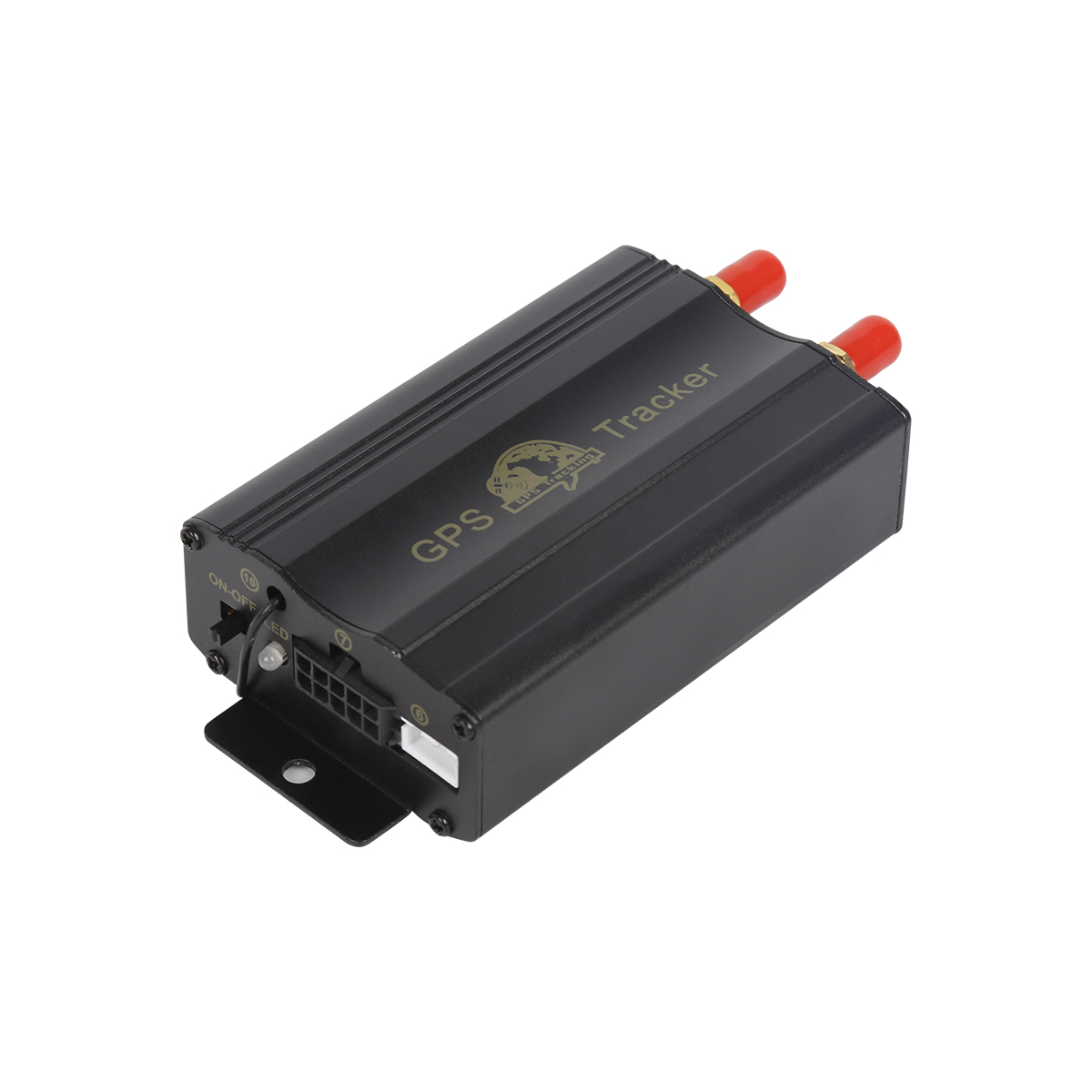source:truck tracking webfleet solutions release time:2022-10-22 Hits: Popular:realtime gps tracker online

There are seven evaluation criteria for the positioning performance of wireless sensor networks, which are described in the following sections.
1) Positioning accuracy. The primary evaluation index of positioning technology is positioning accuracy, which is divided into absolute accuracy and relative accuracy. Absolute accuracy is the deviation between the measured coordinates and the real coordinates, and is generally expressed in length units of measurement. The relative error is generally represented by the ratio between the error value and the wireless range of the node. The smaller the positioning error is, the higher the positioning accuracy is.
2) Scale. Different localization systems or algorithms may be able to locate within a building, a one-story building, or just a room.
In addition, given a certain amount of infrastructure or a period of time, how many targets a technology can locate is also an important evaluation index.
3) Anchor node density. Anchor node location usually relies on manual deployment or using GPS. The mode of manually deploying anchor nodes is not only limited by the network deployment environment, but also severely restricts the scalability of network and application. By using GPS, the cost of anchor nodes will be two orders of magnitude higher than that of ordinary nodes, which means that even if only 10% of nodes are anchor nodes, the price of the whole network will increase by 10 times. In addition, the range of positioning accuracy will increase with the increase of anchor node density is limited, and it will not increase after reaching a certain level. Therefore, anchor node density is also one of the important indexes to evaluate the performance of localization system and algorithm.
4) Node density. Node density is usually represented by the average connectivity of the network, and the accuracy of many localization algorithms is affected by node density.
In wireless sensor networks, the increase of node density not only means the increase of network deployment cost, but also brings limited bandwidth congestion due to the communication conflict between nodes.
5) Fault tolerance and adaptability. Both localization system and algorithm need ideal wireless communication environment and reliable network node equipment.
However, the real environment is often complex, and there will be node failure or node hardware precision limits, resulting in large distance or Angle measurement errors, such as, in this case, physical maintenance or replacement of nodes or use of other high-precision measurement means is often difficult or infeasible. Therefore, the positioning system and algorithm must have strong fault tolerance and self-adaptability, which can correct errors through automatic adjustment or reconstruction, and manage the fault of wireless sensor network to reduce the influence of various errors.
6) Power consumption. Power consumption is one of the most important factors affecting the design and implementation of wireless sensor networks. Due to the limited battery energy of sensor nodes, the computation, communication overhead, storage overhead, and time complexity required for positioning, which are closely related to power consumption, are a set of key indicators under the premise of ensuring positioning accuracy.
7) Cost. The cost of a positioning system or algorithm can be evaluated from different aspects. The time cost includes the installation time, configuration time and positioning time of a system. The space cost includes the number of infrastructure and network nodes required by a positioning system or algorithm, hardware size, etc. The capital cost includes the total cost of infrastructure and node equipment to implement a positioning system or algorithm.
Read recommendations:
4G GPS Tracker for vehicles price
What is GPS dual -frequency positioning technology?obd-II port gps tracker Manufacturing
Last article:GPS mobile phone positioning characteristics
Next article:Advantages of GPS technology
Related Information
Pet GPS Tracker Factory
2023-03-16fleet gps trackers Solution
2023-04-23fleet gps trackers sales
2023-04-234G GPS Tracker for vehicles company
2023-04-23Magnetic gps tracker wholesaler
2023-03-16realtime tracking device
2023-03-16simple gps tracking company
2023-04-23Cantrack TK100
2023-03-164G GPS Tracker supplier
2023-04-23gps vehicle tracker company
2023-04-11G09L -6 inch Tail light tracker
2022-06-2010000mAh Magnetic Asset GPS Tracker
2025-04-086000mAh Magnetic Asset GPS Tracker
2025-03-31G900LM-4G Car Mini GPS Tracker
2025-03-25G03
2022-06-21GPS Outlook
2022-08-01The main uses of GPS
2022-10-10GPS data format types and positioning information extraction
2022-08-10GPS performance indicators
2022-12-07GPS Snitch real-time target tracking
2022-10-12Beidou 4G wiring GPS positioner installation precautions.realtime gps tracker online Processing
2023-03-28Navigator classification.Mouth and word buckle price
2023-06-06gps vehicle tracker.How to detect if a GPS locator has been stolen and whether it can be completely
2023-10-19What should I do if the GPS positioning display is offline?gps tracker for bike Factory
2023-09-16Is the global GPS positioning system really free?vehicle gps tracker webfleet solutions
2023-02-24Car GPS one click alarm.fleet gps tracking Solution
2023-07-21What are the advantages of 4G positioner.realtime gps tracker online Production
2023-03-28gps vehicle tracker.The role of Beidou and GPS satellite vehicle positioning systems in transportati
2023-10-14What is the difference between GPS positioning manufacturers and in car reverse imaging WiFi and 4G.
2023-06-14GPS positioning cannot break through due boundaries.gps tracker device Processing
2023-06-13